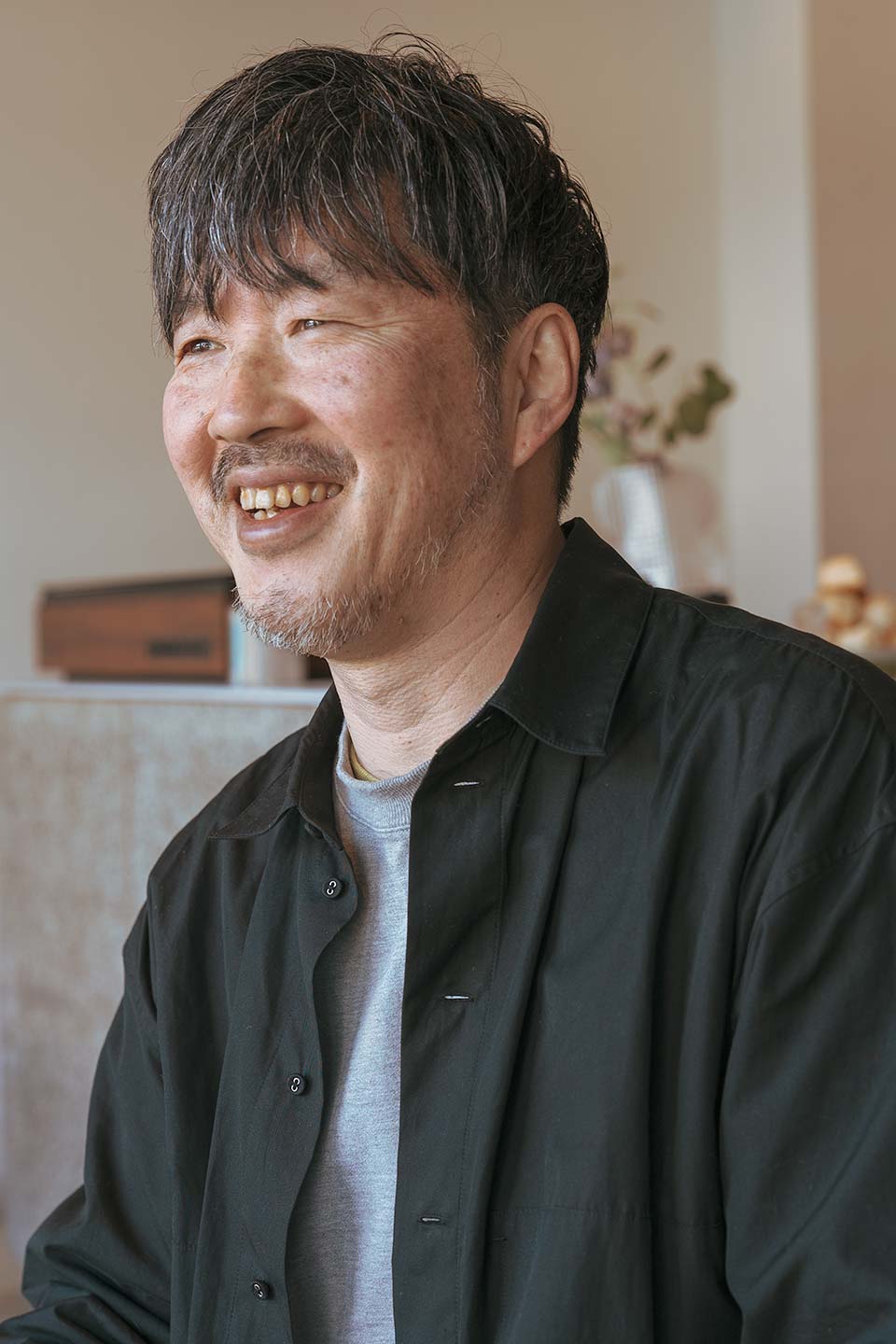
Nagasawa COFFEE
Personal Connections Add to Deliciousness
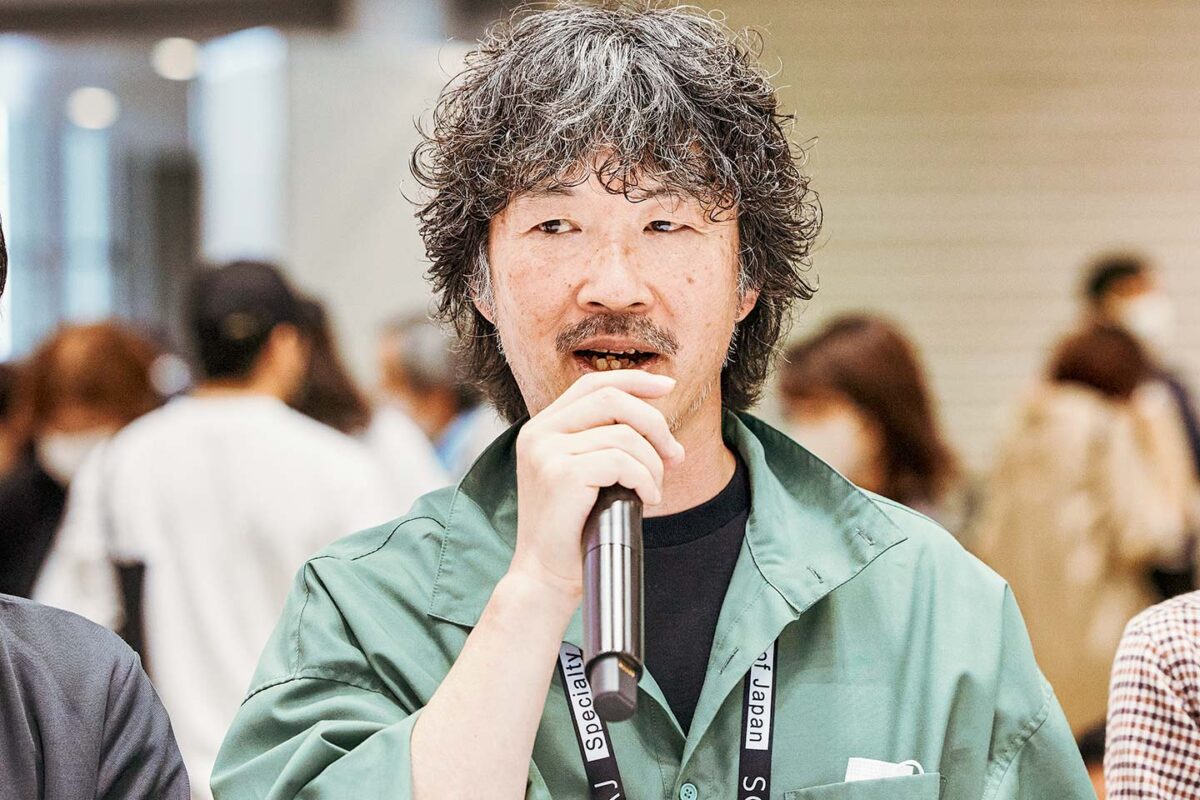
Kazuhiro Nagasawa opened Nagasawa COFFEE in an outskirt of Morioka, Iwate Prefecture, in 2012. The city, located in northeastern Japan, was among the hardest hit by a massive earthquake and tsunami that devastated much of the region in 2011. From that experience, Nagasawa, who joined the city’s rebuilding efforts as a volunteer, hopes to bring moments of joy with coffee to the lives of his customers. For Nagasawa, maintaining close relationships with producers is always a part of his coffee journey. Even before he participated in TYPICA Lab in the fall of 2022, he’d been to coffee farms a few times. Now a few months after coming home from Bolivia, he has a fresh perspective on coffee.
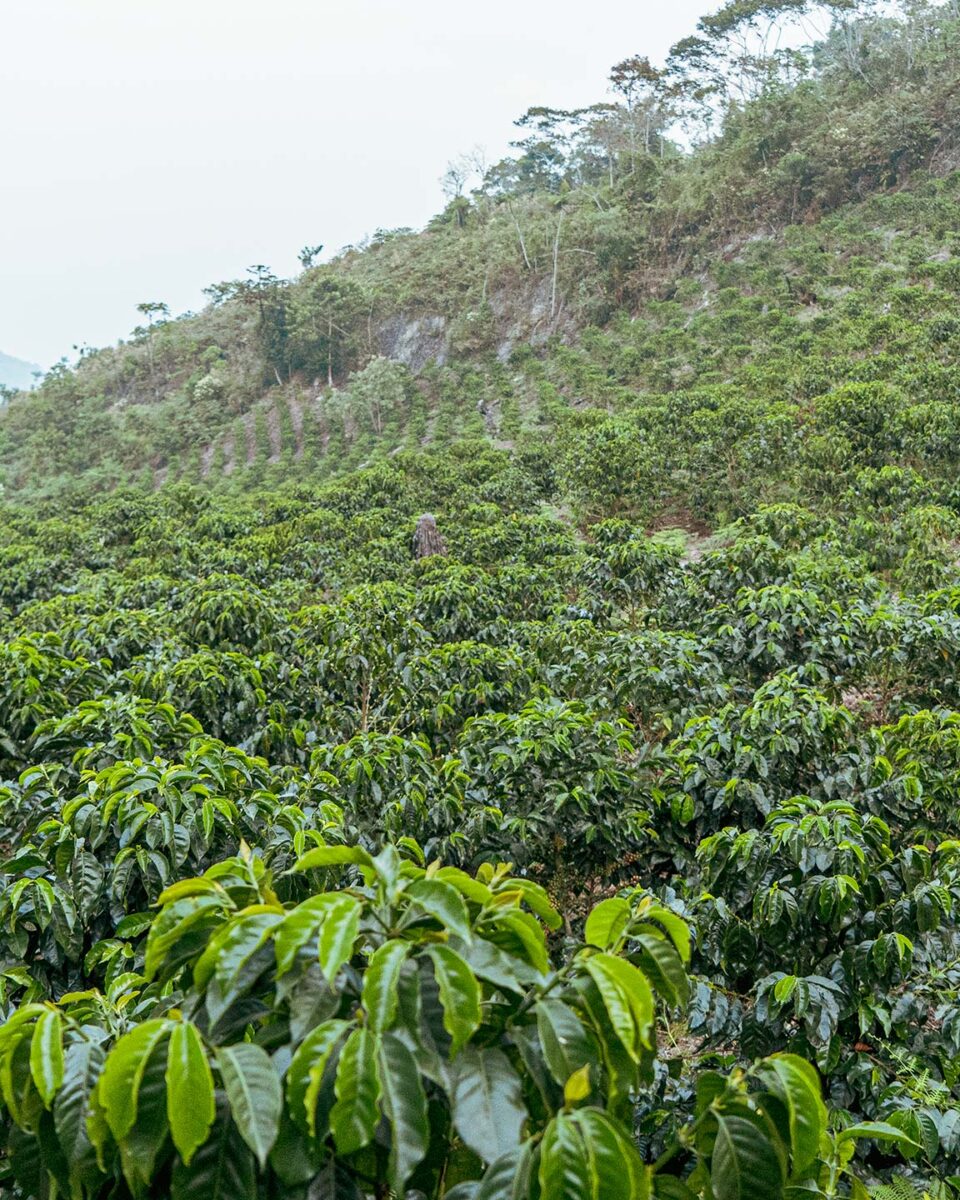
No way to know until you go
Even before I set up my own coffee shop, I’d always believed visiting coffee origins was a must for any coffee professional. It’s not just about visiting coffee farms and seeing how coffee is grown, but also understanding the local culture and people behind the beans. These firsthand experiences lend weight to your words.
Nowadays, we have access to a lot of information at our fingertips, but you can only learn so much from text or photos alone. For example, I could read that temperature differences between day and night increase the ripeness of coffee cherries, but I want to feel that temperature gap for myself before I talk about it.
That said, I do put the altitude, variety, processing method, and flavor profile on the packaging of the beans. But I prefer to keep it simple and not go into too much detail. Maybe I’m old-fashioned.
Less than two years after starting my shop, I visited El Salvador, and I’ve always wanted to visit another origin. I’m grateful to TYPICA for giving me the chance to see farms for the first time in a few years.
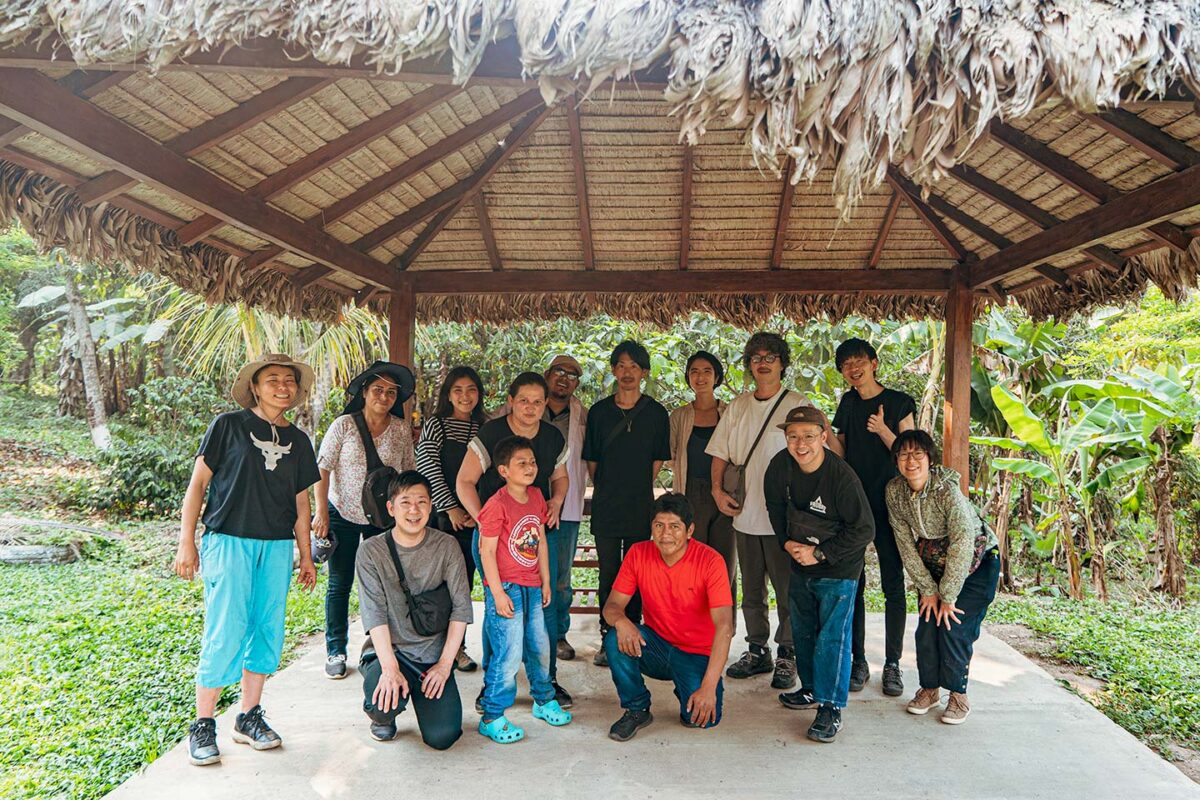
I picked Bolivia as my destination because South America was the only coffee growing region I’d never been to. I had been using Bolivian coffees, but knew little more than secondhand information on paper. I had no idea who was growing coffee where and how passionate they were.
Visiting farms may not necessarily change the taste of your coffee. What does change is the energy you bring to the conversation when you share your experiences with your customers. Each time I go on an origin trip, I’m always excited to discover new aspects of the coffee world.

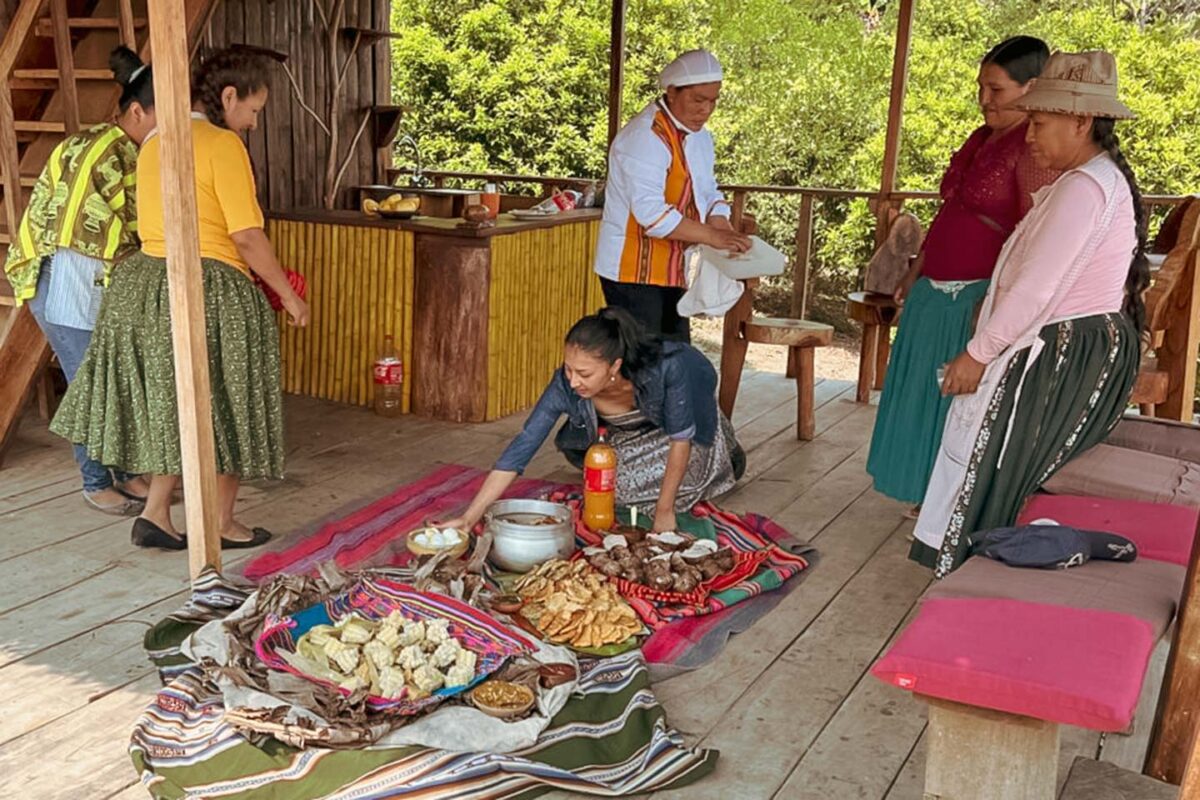
Power of personal connections to change perspectives
I know there’s been some great beans coming out of Bolivia, and I’m sure Bolivia has more hidden gems like Agro Takeshi. But I think Bolivia has yet to get the same level of recognition other origins do. If I’m honest, I had my reservations about going to Bolivia because I wasn’t sure what to expect. But I’m glad I did now that I saw some real potential there.
The most memorable part of the trip was definitely visiting Nassia’s farm. She greeted us with a surprise lunch, and locals wearing traditional clothes brought out the food while dancing to traditional music. It was such a genuine display of hospitality.
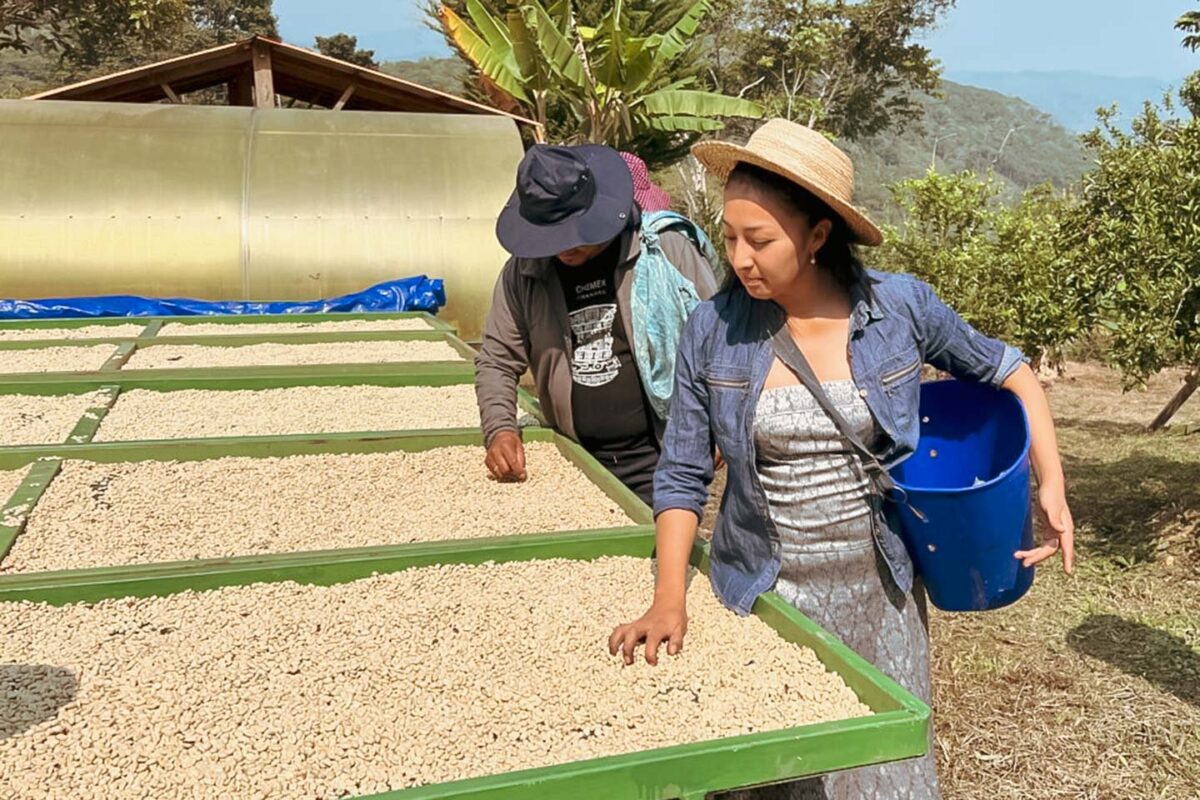
What really touched me was listening to Nassia speak so passionately about the traditional culture of the Aymaras. She’s only in her 20’s and yet she’s already thinking so deeply about the future of her people and her country. And she said something that really stood out to me, which is, “I’ll be happy if you introduce any Bolivian coffee to Japan. It doesn’t have to be mine.” It really spoke to her character.
That experience really hit home for me. Being from Morioka, it made me wonder if I could speak as passionately about my own city and country as Nassia did.
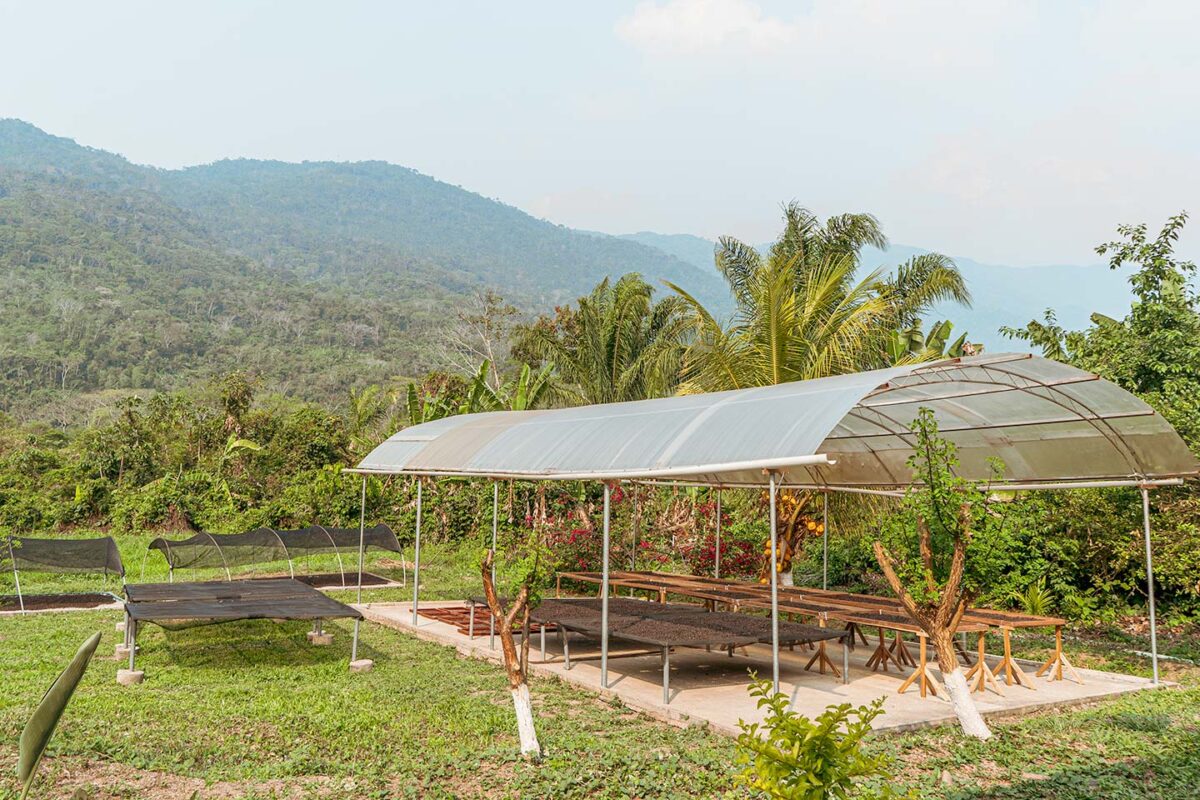
Watching all the producers pour their heart and soul into their work was my biggest takeaway from this trip. I’ve been using beans from Finca Isabel, but I had no idea the farm was so well-kept and tidy. Fernando and Gabriela told me they don’t plan on expanding the farm any bigger because they want to keep things under control. They want to keep the quality up and maintain their relationships with their existing customers.
For me, knowing the story and the passion behind the coffee just adds to its appeal. Even if Nassia’s coffee only scored 79 points, I’d still probably buy it because of the personal connection we have now. I don’t use the term “specialty coffee” lightly with my customers because some things can’t be measured by numbers. The taste is important, of course, but there is something special about coffee with a story and personal connections behind it, and that’s the kind of coffee I want to share.
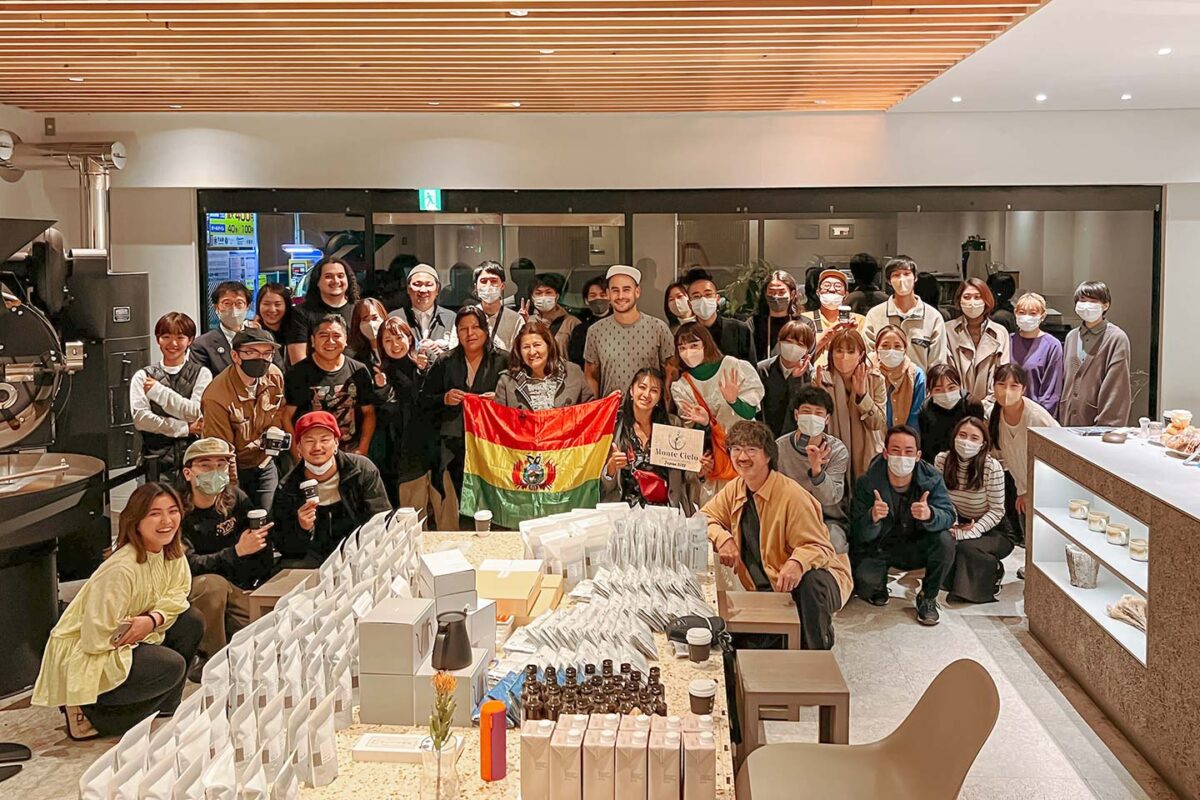
It’s not only the roasters who got a new perspective on coffee through these firsthand experiences, but so did my customers. In early October, I had some producers from Bolivia come to my shop. I threw a get-together with them and my own customers for me to share my experiences during the trip. I’ve shown my customers pictures of coffee farms and producers in the past, but it didn’t seem to make much of an impact back then. But this time, when they were in the same room with as the producers and saw my presentation and videos, they were really moved and many of them asked to purchase the coffee. This was a first for me, having producers visit my shop. And it was an incredibly inspiring experience.
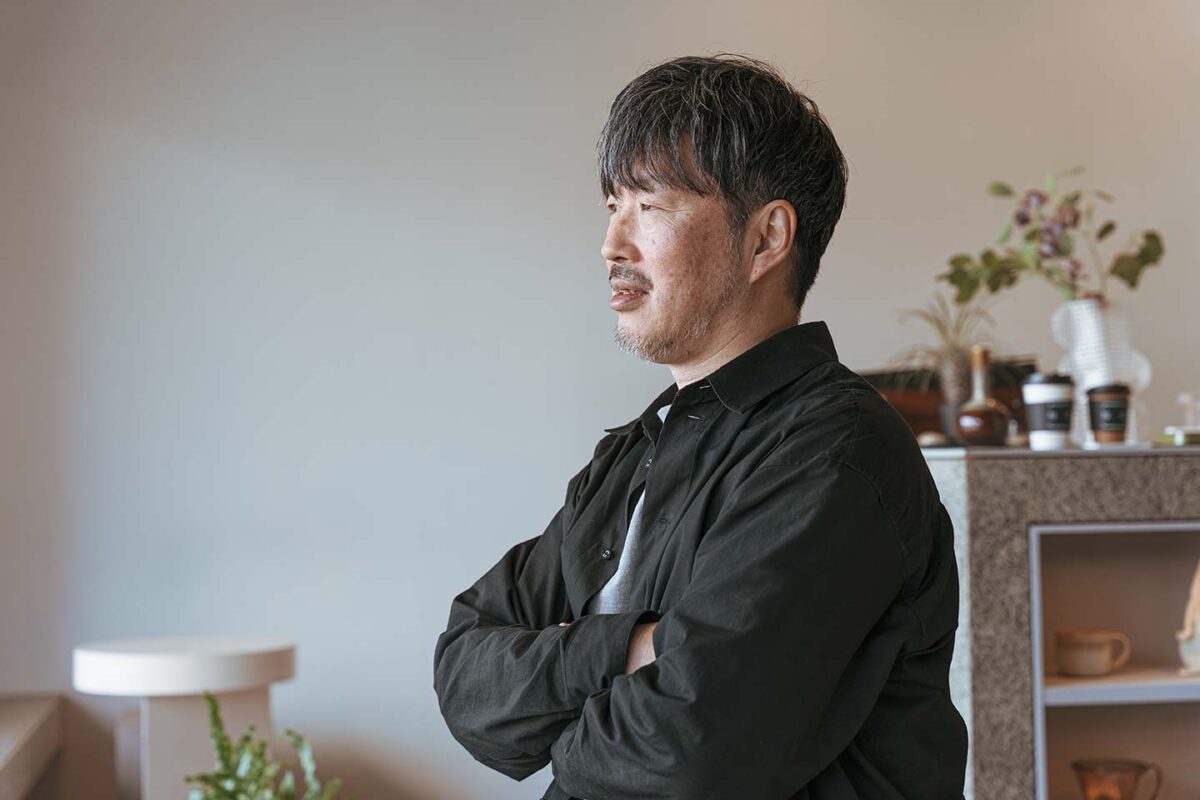
Coffee is more than its taste
The earthquake and tsunami in 2011 was a defining moment for me. In its aftermath, I volunteered to give away free coffee at an evacuation shelter. It was during that time that I discovered how powerful coffee can be, and its magical power to bring people comfort and joy, even in the most difficult of circumstances.
Before that experience, my plan was to specialize in my favorite coffees, but after that, my focus should be on making as many people happy as possible. I’ve always believed that coffee is more than just its taste, and it can be experienced differently depending on who you’re drinking it with, where you’re drinking it, and your mood at the time.
That said, I have my own preferences when it comes to coffee, so I only purchase what I can confidently recommend to others. I understand that my taste may not always align with those of my customers, so it’s important that I remain open-minded and avoid becoming too narrow-minded in my perspective.
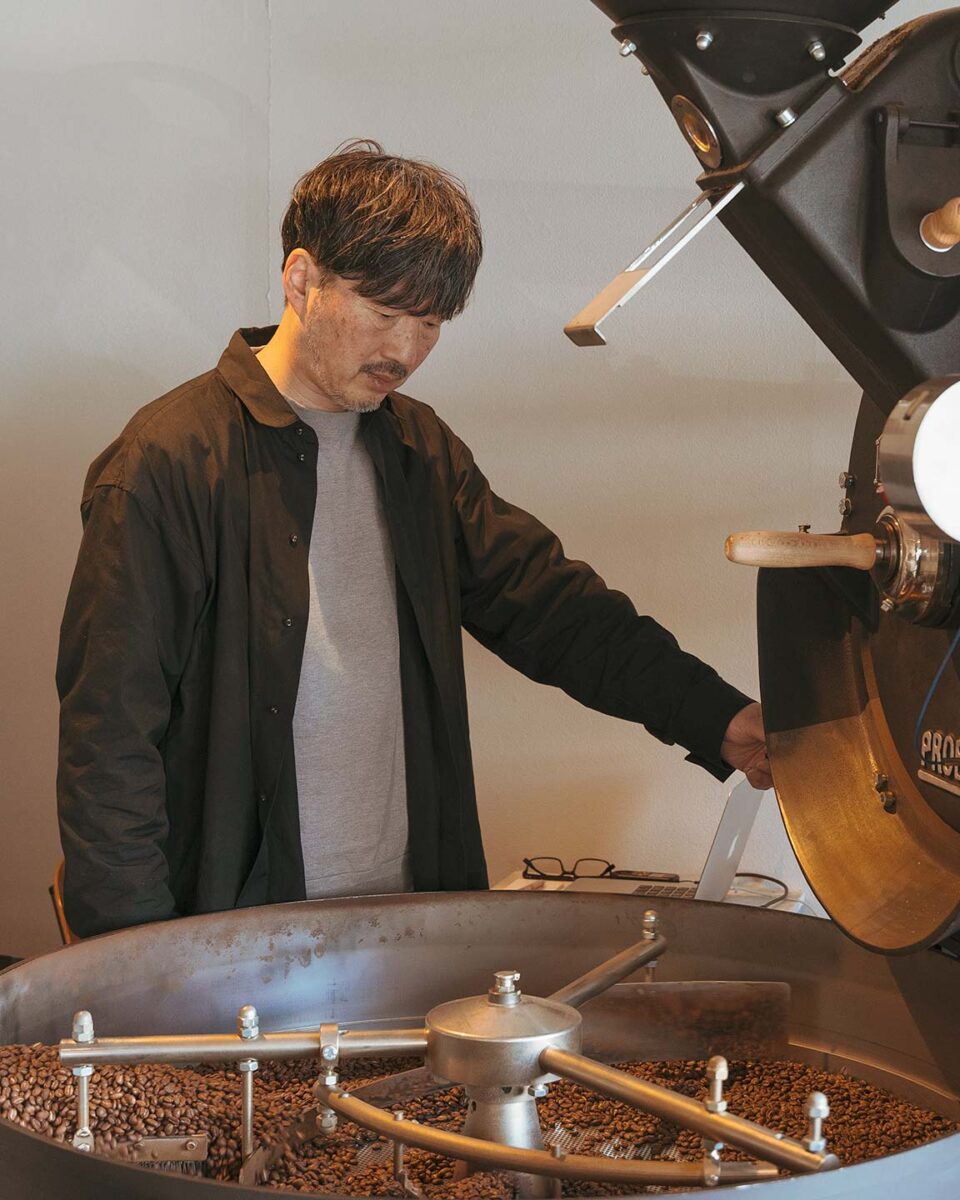
I tend to choose personal principles over financial considerations. For instance, our shop is in a suburb of Morioka. It may not necessarily be a prime location but I knew we would get noticed if we kept on doing the right thing.
It is entirely thanks to my customers that Nagasawa COFFEE is still around and thriving 10 years on. Although our location may not be ideal, it also has its own benefits. While the market size in Morioka may be smaller than that of big cities, it allows us to focus on being true to ourselves and work at our own pace. I visit Tokyo often, but things change so quickly there. Out in the countryside, meanwhile, things move at a much slower pace, which I love.
I’ve remained steadfast in my core principles throughout my coffee career. Over the years, I’ve received several offers to open a second shop, but I’ve declined them all. However, when a supermarket asked to buy our beans, I agreed under the condition that they use our special drip bags to preserve the quality. I prefer to have full control over all aspects of my business, so for now, I’m content with just this one shop.
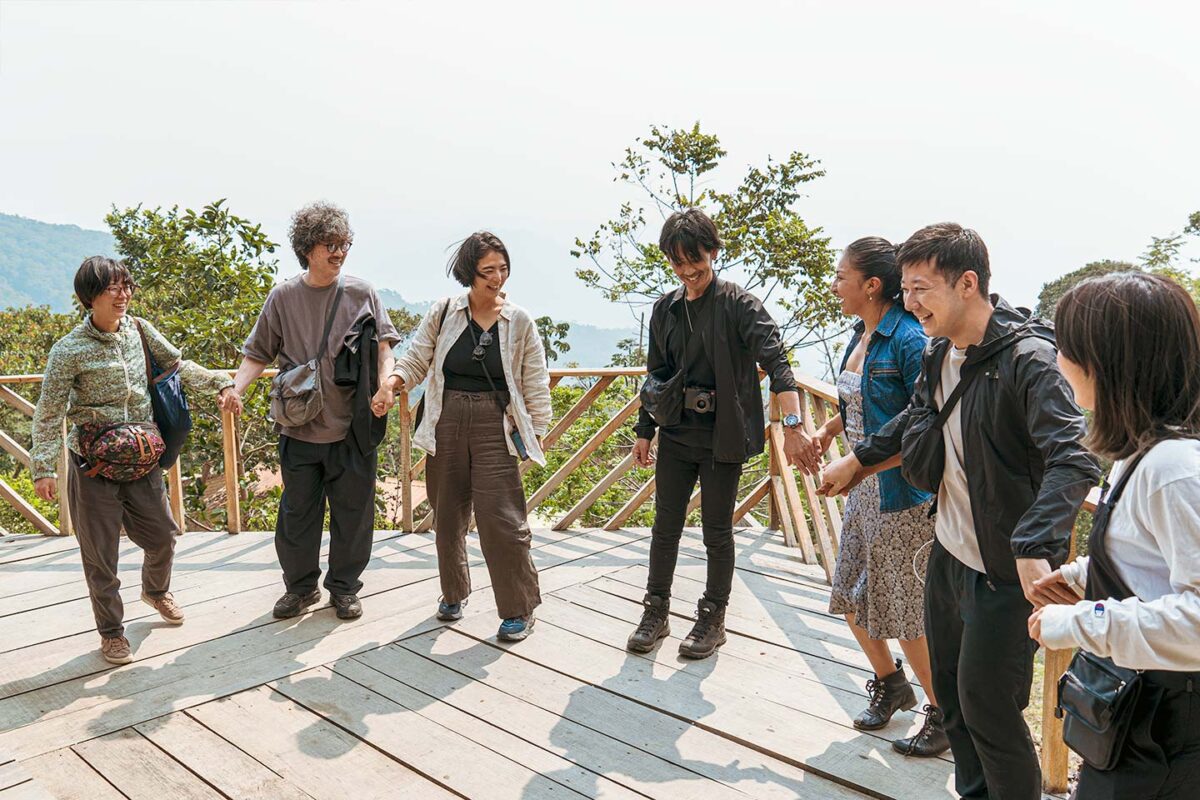
Come to think of it, I share similarities with Nassia, Fernando, and Gabriela. Nassia values her distinct local culture, while Fernando and Gabriela keep their business at a size they can effectively manage. I think this commonality is what allowed me to connect with them on a deeper level. I enjoyed my time in Bolivia so much that I’m eager to return next year, even if I have to pay for the trip myself.
Nagasawa COFFEE
- [Open]
- 11:00-20:00